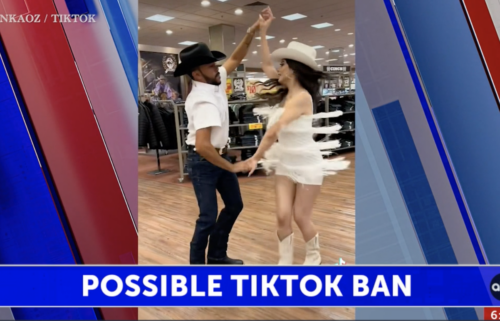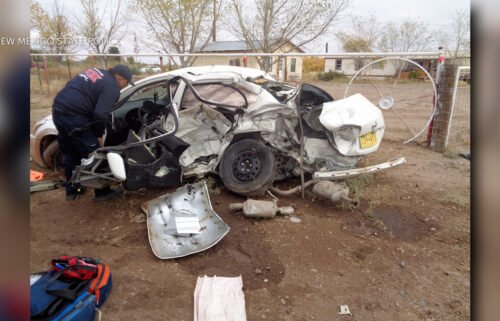El Paso migrant advocates say confusion now exists over who is allowed to stay in U.S.
EL PASO, Texas (KVIA) -- As a record number of migrants arrive at the U.S.-Mexico border, some advocacy groups say there's confusion as to who is expelled and who is allowed to wait for their court appearance in the U.S. It's due to what the government calls "acute vulnerabilities." An El Paso advocacy group says it is not clear why some are considered vulnerable and others are not.
"The people who have been allowed to stay [in the U.S.] has been completely at random," said Linda Rivas, the executive director of Las Americas Immigrant Advocacy Center in El Paso.
The U.S. Department of Homeland Security says most migrants arriving at the U.S.-Mexico border are not allowed to stay in the country. That's due to Title 42: a health emergency order that allows U.S. Customs and Border Protection to expel migrants due to concern over the spread of Covid-19.
According to CBP data, more than 45% of family units arriving at the Southwest border in February were expelled under this policy. If you combine family units and single adults, the number is roughly 80%.
"It expels the majority of people trying to enter into the United States, whether that's expelling them to Mexico or whether that's putting them on a deportation flight right back to their country," Rivas said.
The policy was used by the Trump administration and is now being continued under the Biden administration.
There is a notable difference. The Biden administration has made an exception of unaccompanied minors. Plus, U.S. Homeland Security Secretary Alejandro Mayorkas said the U.S. will not expel migrants with certain "acute vulnerabilities."
Borderland immigration experts and attorneys ABC-7 spoke with said it was unclear what that term means.
"We know of no actual vulnerabilities that are making people exempt from Title 42," Rivas said.
"We already have two cases of people who have been returned with disabled children in wheelchairs," Rivas said. "People who are an imminent danger. It's really hard for us to agree with any statement that acute vulnerabilities somehow potentially are being exempt."
Rivas said she believes decisions are made at random.
ABC-7 pressed CBP, Border Patrol and DHS to explain the criteria used to decide who is expelled and who is allowed to stay in the U.S. ABC-7 received the same information from all three, noting authorities take circumstances into account.
CBP did not release specifics, but said the circumstances include, "consideration of significant law enforcement, officer and public safety, humanitarian, and public health interests."
The agency added, "The border is not open."
Rivas said that is ultimately the concern.
"We can't ignore the people who are already seeking safety on our borders by just letting them know that the border's closed," Rivas said. "I think that's anti-American. It goes against our values."


